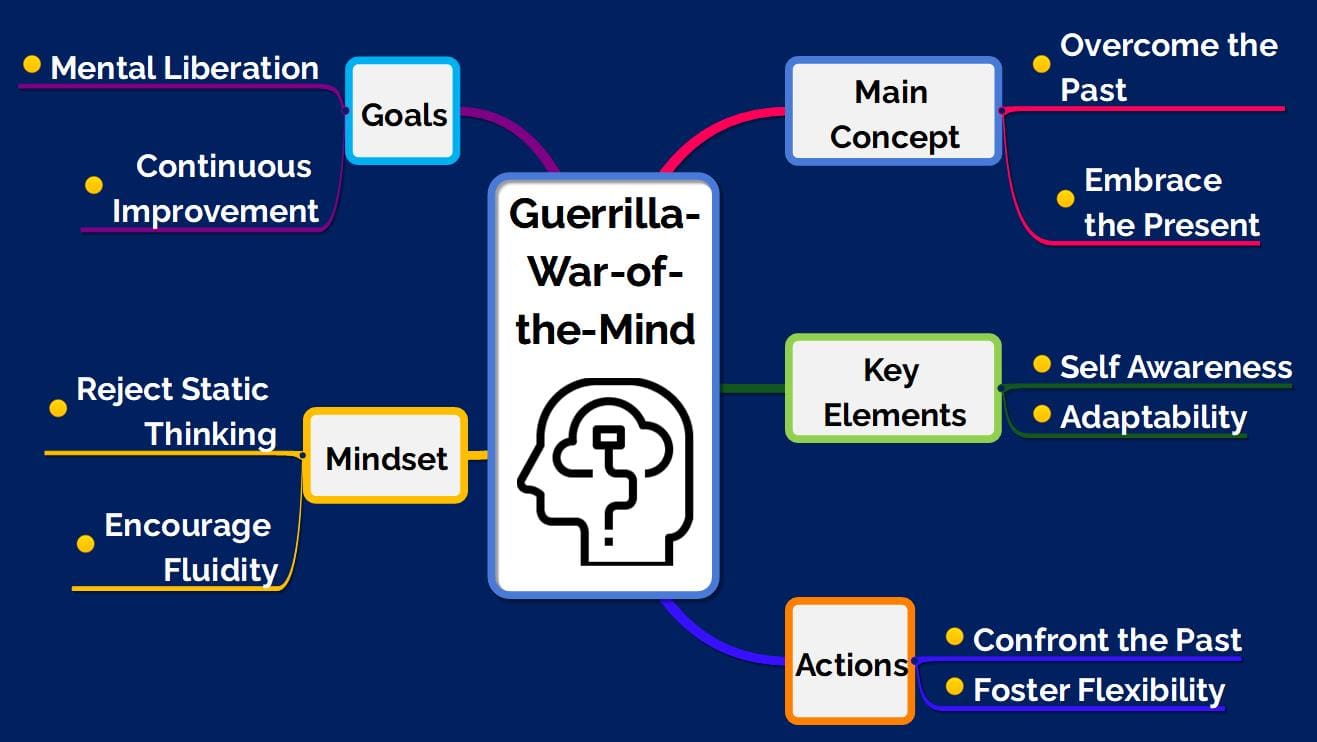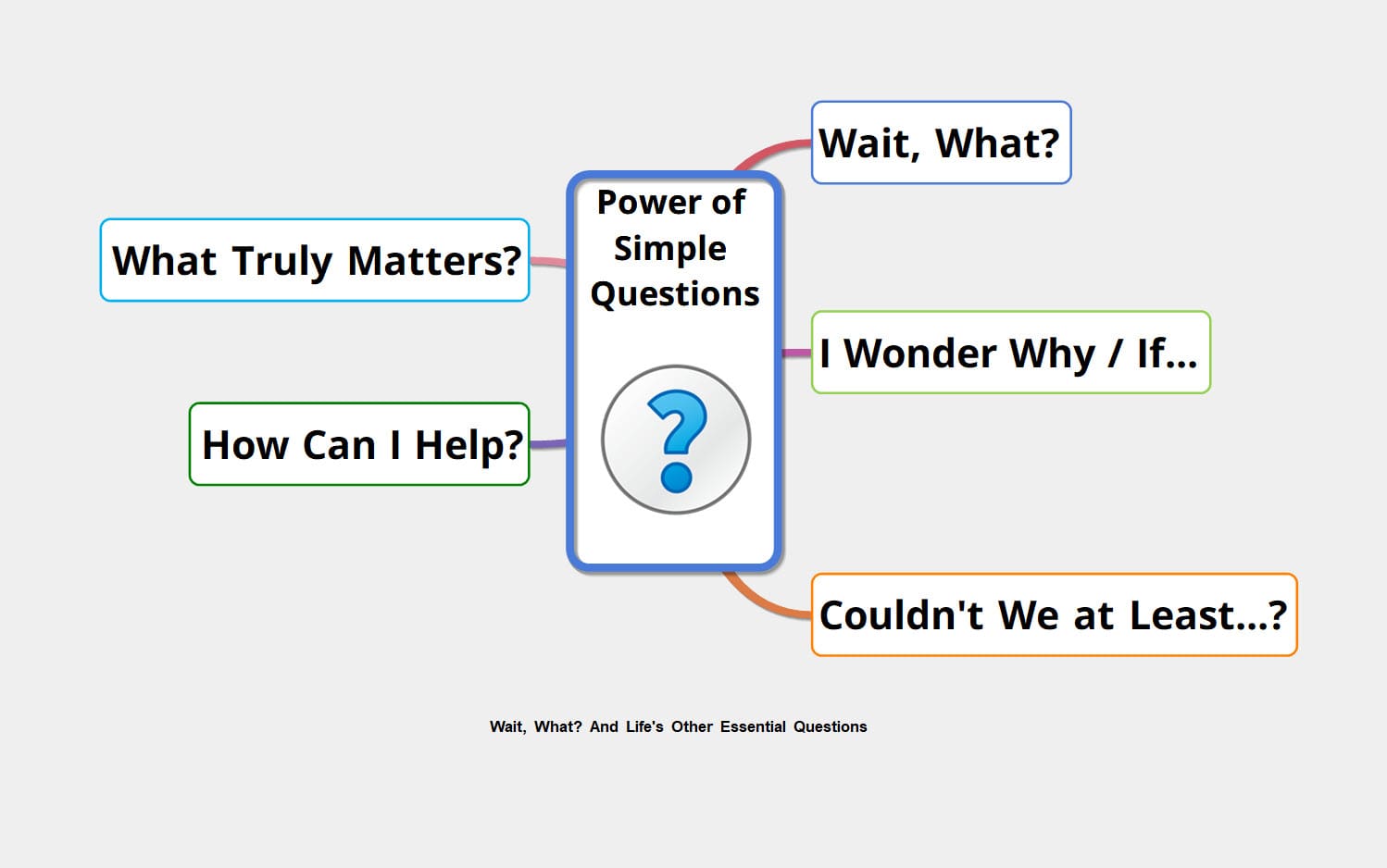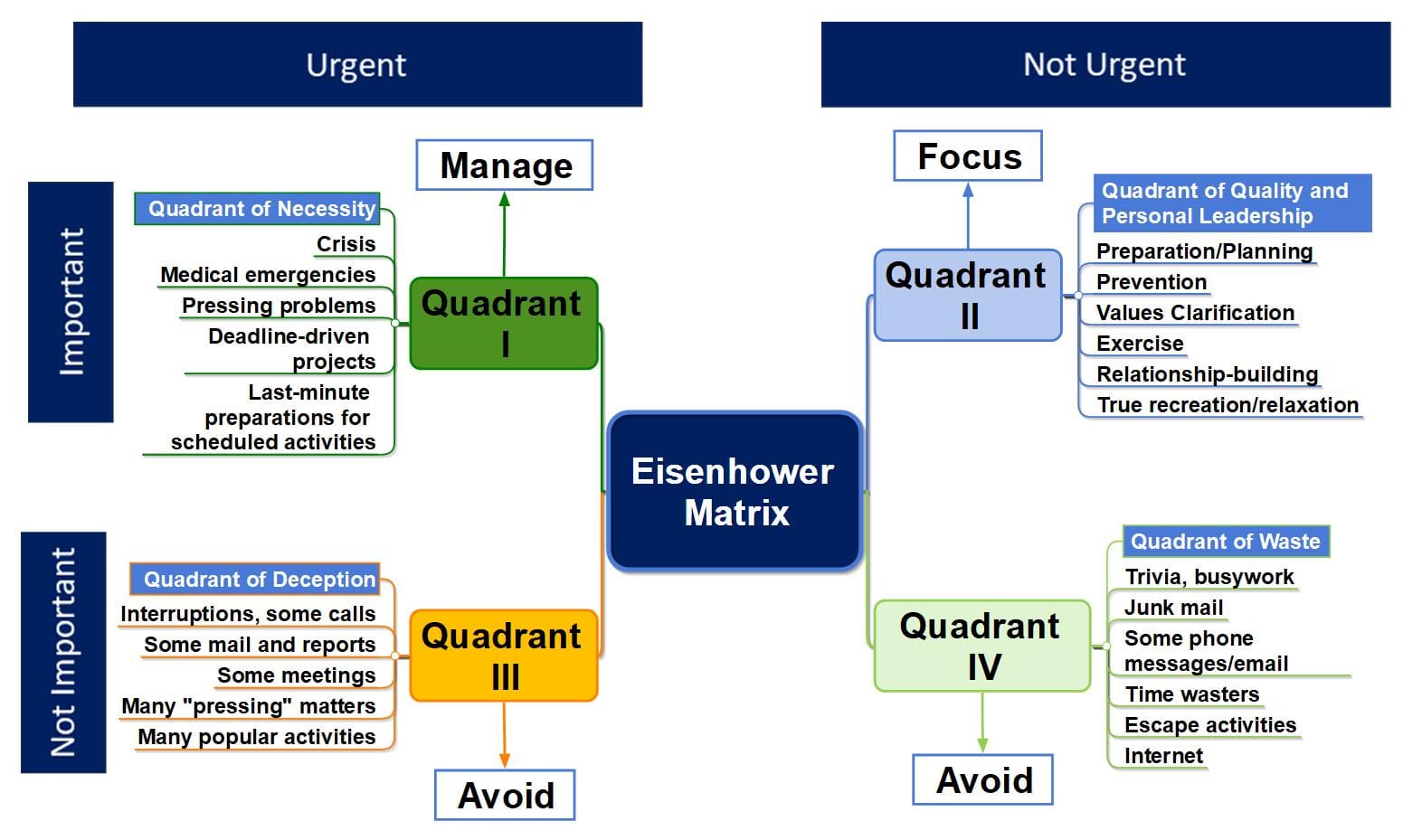Coaching has become an increasingly popular tool for individuals seeking personal and professional growth. Whether it’s to climb the corporate ladder or find harmony in one’s personal life, coaching offers targeted guidance to help individuals achieve their aspirations. Among the myriad of coaching niches, two that stand out prominently are executive coaching and life coaching. While they share some similarities, their primary focus, methodologies, and outcomes differ. Here’s a deep dive into these two coaching avenues.
1. Primary Focus:
- Executive Coaching: Tailored for the business world, executive coaching assists professionals in honing skills crucial for their roles, such as leadership abilities, decision-making, team building, and more.
- Life Coaching: This is an integrated approach, encompassing every aspect of an individual’s life, from relationships and personal growth to life balance and goal setting.
2. Clientele:
- Executive Coaching: Primarily caters to business professionals, especially those in leadership positions or earmarked as high-potential talents by organizations.
- Life Coaching: Embraces a diverse clientele from all walks of life, each seeking clarity or improvement in various personal challenges or aspirations.
3. Setting and Delivery:
- Executive Coaching: Predominantly occurs in corporate settings, aligning with organizational goals and individual professional objectives.
- Life Coaching: A more personal approach driven by individual desires without the influence of corporate expectations.
4. Methodology:
- Executive Coaching: Employs professional assessment tools targeting organizational culture, leadership behavior, and related competencies.
- Life Coaching: Uses methodologies to shed light on personal beliefs, life purpose, values, and holistic well-being.
5. Duration and Structure:
- Executive Coaching: Generally follows a structured pattern, often in alignment with business timelines or quarters.
- Life Coaching: Offers flexibility, adjusting to the individual needs and pace of the client.
6. Background and Training of Coaches:
- Executive Coaching: Coaches usually boast business, psychology, or organizational behavior backgrounds and often have hands-on experience in corporate roles.
- Life Coaching: These coaches may come from diverse backgrounds, typically focusing on personal development, counseling, or psychology.
7. Outcomes:
- Executive Coaching: Outcomes are toward tangible business results, such as improved team dynamics, leadership capabilities, and career advancement.
- Life Coaching: Outcomes span a broader spectrum, from achieving personal milestones like health objectives or relationship goals to attaining greater self-awareness and personal satisfaction.
Conclusion:
While executive and life coaching both aim to facilitate growth and change, their focus, methodologies, and outcomes differ. Choosing between the two largely hinges on one’s specific needs, be it professional advancement or personal enrichment. Regardless of the choice, both coaching avenues promise guidance, insight, and a path to a more fulfilling life.
Remember, a successful coaching experience depends not just on the type of coaching but also on the compatibility between the coach and coachee. Finding a coach whose approach aligns with your objectives and resonates with your perspective is essential.







